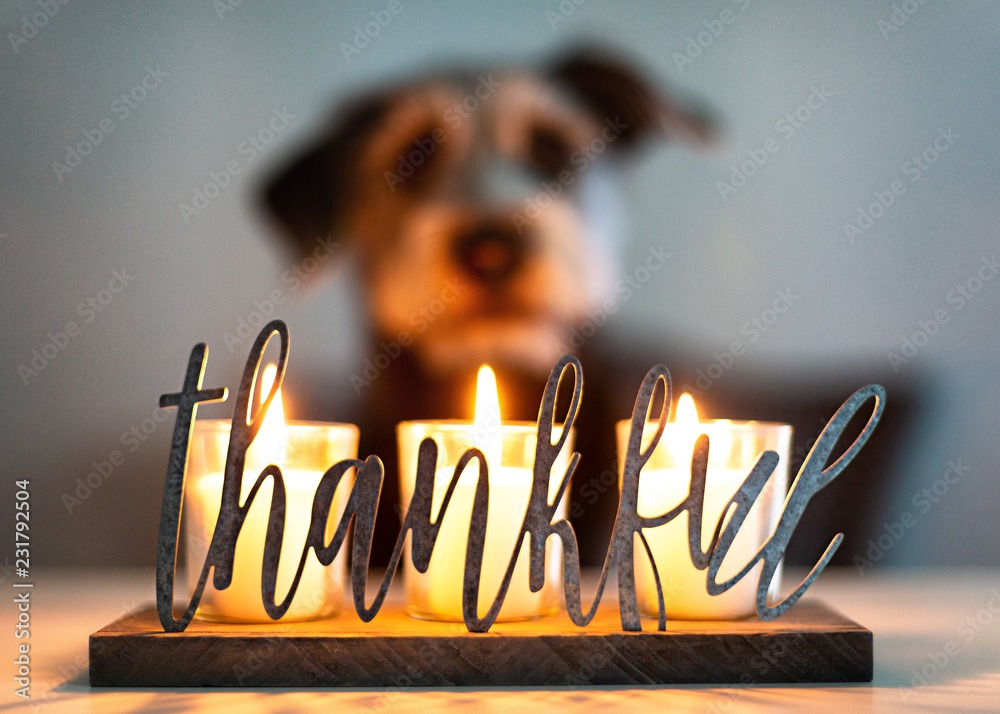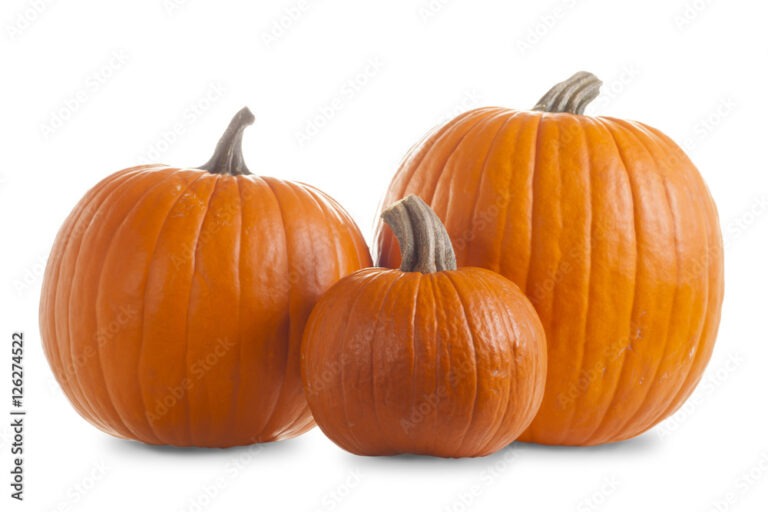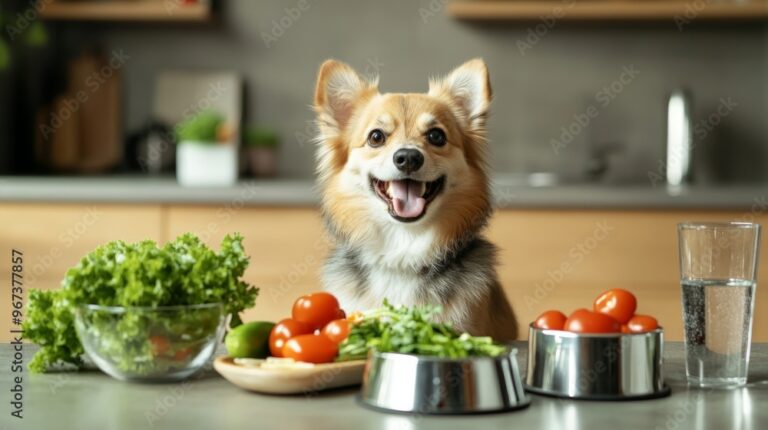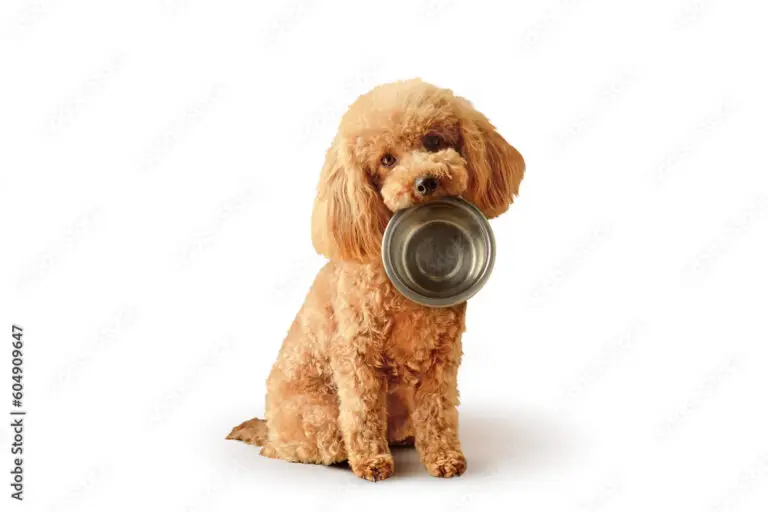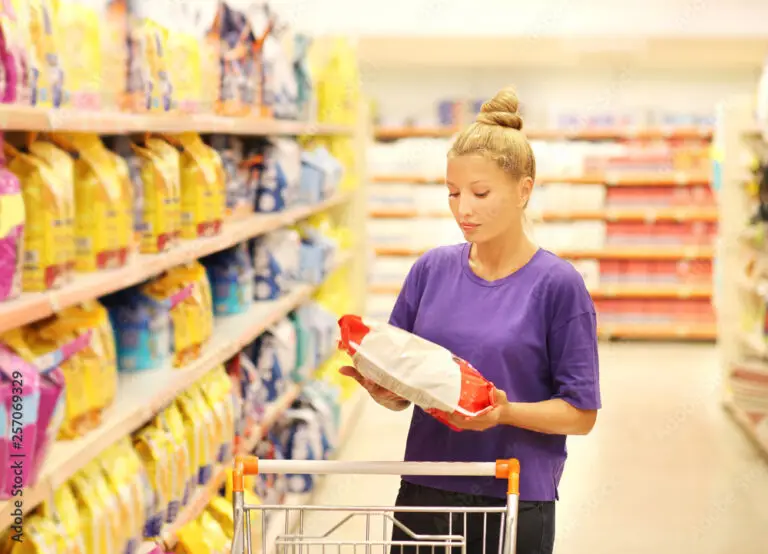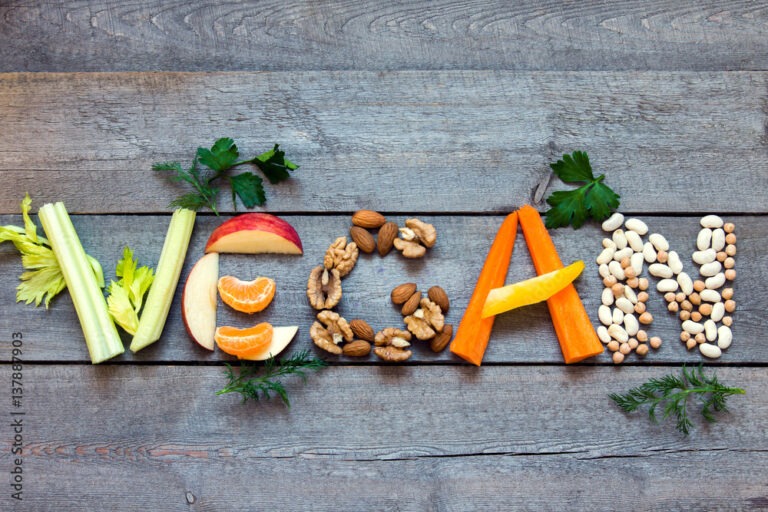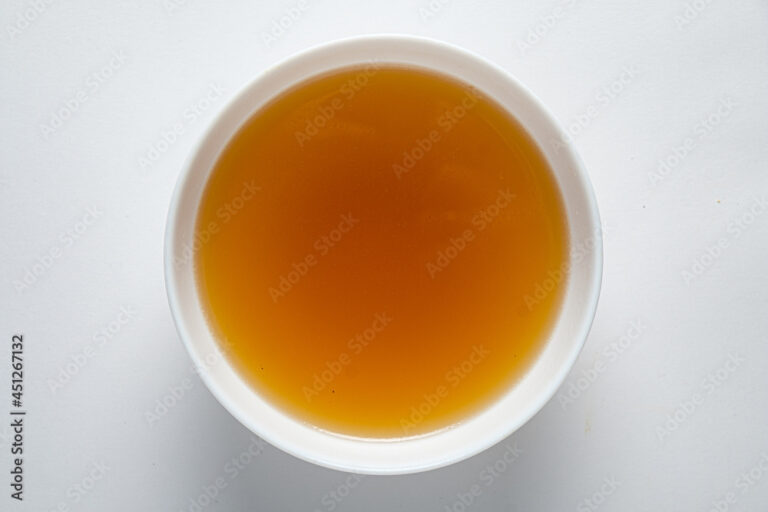Thanksgiving Foods to Avoid: Protecting Your Furry Friends
I might receive a small commission if you click on our links and make purchases. However, please keep in mind that this does not affect reviews, product comparisons, or recommendations. We try to keep things fair and balanced to help you choose your needs best. Clicking the link does not affect your total cost.
Introduction
Thanksgiving is a time for sharing gratitude—and delicious food! But while we’re filling our plates, it’s crucial to remember that some of our holiday favorites aren’t safe for pets. Many common Thanksgiving foods can cause serious health issues for cats and dogs, leading to a dreaded emergency trip to the vet. You can keep your furry friends safe and enjoy a worry-free holiday with a few simple precautions. Let’s explore the most dangerous foods for pets during Thanksgiving and what to offer instead to keep them healthy and happy! Continue reading to discover Thanksgiving foods to avoid to protect your furry friends.
Why Thanksgiving Foods Can Be Dangerous for Pets
Pets have unique dietary needs that are different from those of humans.
Pets, especially dogs and cats, have digestive systems sensitive to many human foods. Certain ingredients, spices, and fats in our holiday dishes can disrupt their digestion and even cause toxicity. Understanding these differences is essential to keeping them safe during the holidays.
Certain ingredients are especially toxic to cats and dogs.
Ingredients like chocolate, onions, garlic, and certain nuts can harm pets, causing anything from mild digestive upset to life-threatening symptoms. Many Thanksgiving dishes contain a mix of these ingredients, making it easy for pets to consume something harmful accidentally.
Even a “small bite” of holiday food can be harmful.
Pets often beg for a taste, but even small amounts of some foods can trigger severe reactions, especially in small dogs and cats. For instance, a tiny quantity of xylitol—a sugar substitute used in some desserts—can cause a sudden drop in blood sugar and liver failure in dogs.
They are preventing accidental exposure to dangerous foods.
Understanding the common risks in holiday foods can help you plan ways to keep pets safe, such as setting up barriers around the dining area or offering pet-friendly snacks. This precautionary approach ensures that pets aren’t exposed to dangerous food.
Turkey Trouble: The Dangers of Bones and Fatty Skin
- Turkey’s bones pose serious risks of choking and digestive blockage.
Cooked bones, such as turkey bones, are brittle and can splinter easily, causing severe injuries if ingested. Bone splinters can puncture a pet’s digestive tract, leading to life-threatening internal bleeding or blockages.
- Fatty turkey skin and trimmings can lead to pancreatitis.
Turkey skin, gravy, and fatty trimmings are high in fats, which can cause pancreatitis, an inflammation of the pancreas in pets, particularly dogs. Symptoms include vomiting, diarrhea, and abdominal pain, requiring immediate veterinary attention.
- Seasoned or brined turkey may contain toxic ingredients.
Holiday turkeys are often seasoned with onions, garlic, and other spices that are toxic to pets. Even a tiny amount of these seasonings can lead to poisoning symptoms, making it safer to keep turkey dishes out of reach.
Sweets and Desserts: Hidden Hazards for Pets
- Chocolate poisoning can be fatal for pets.
Chocolate contains theobromine, which pets can’t metabolize effectively, leading to severe toxicity. Symptoms of chocolate poisoning include vomiting, diarrhea, increased heart rate, and seizures, and high doses can be fatal if left untreated.
- Xylitol, a common sweetener, is highly toxic to dogs.
Xylitol, found in sugar-free desserts and gum, can cause rapid insulin release in dogs, leading to hypoglycemia (low blood sugar) and, in severe cases, liver failure. Dogs that ingest xylitol need immediate veterinary care.
- Raisins and macadamia nuts in baked goods pose significant risks.
Raisins, grapes, and macadamia nuts are all toxic to dogs, potentially causing kidney failure or severe digestive upset. Even small amounts can lead to symptoms like vomiting, lethargy, and tremors in pets.
Side Dishes to Steer Clear Of Onions, Garlic, and More
- Onions, garlic, and other alliums are dangerous to pets.
These ingredients contain compounds that damage pets’ red blood cells, leading to anemia. Symptoms may not appear immediately but can include weakness, lethargy, and pale gums, necessitating a vet visit.
- Stuffing, casseroles, and mashed potatoes often contain harmful spices.
Traditional side dishes are usually seasoned with onion, garlic powder, butter, and rich gravies that can cause digestive issues and toxicity. Even plain potatoes can be problematic if seasoned heavily or loaded with butter and cream.
- Dairy-heavy dishes may upset pets’ digestive systems.
Many pets are lactose intolerant, so mac and cheese or cream-based casseroles can cause bloating, gas, and diarrhea. Dairy can be especially hard on pets’ systems, so avoiding sharing these dishes is best.
Grapes and Raisins: A Toxic Thanksgiving Treat for Pets
- Grapes and raisins can cause kidney failure in dogs.
Even small amounts of grapes or raisins can lead to severe, potentially fatal kidney damage in dogs. Symptoms often include vomiting, diarrhea, and lethargy within a few hours of ingestion.
- Everyday holiday dishes with hidden grape or raisin ingredients.
Some salads, desserts, and stuffing recipes include raisins or grapes, which makes them risky for pets. Always check ingredients before giving pets a taste of these dishes.
- Signs of raisin or grape toxicity and the need for immediate vet care.
Dogs that ingest grapes or raisins may develop symptoms rapidly, and it’s essential to seek emergency care. Early treatment can prevent severe kidney damage, but timing is critical.
Nut Warnings: Macadamia and Other Nuts to Avoid
- Macadamia nuts can cause severe symptoms in dogs.
Ingesting macadamia nuts can cause vomiting, tremors, lethargy, and hyperthermia (elevated body temperature) in dogs. These symptoms can be alarming and require veterinary attention to manage safely.
- Other nuts, like walnuts and pecans, are also risky for pets.
Walnuts, pecans, and other nuts can be challenging for pets to digest and may cause gastrointestinal upset or pose choking hazards. Some nuts can also develop mold toxins that are harmful to pets.
- Nuts present a choking risk, especially for smaller pets.
Beyond toxicity, the size and shape of some nuts can pose choking hazards or cause intestinal blockages. It’s safer to keep any type of nut out of pets’ reach.
Alcohol and Caffeine: Double Trouble for Pets’ Health
- Alcohol is highly toxic to pets, even in small amounts.
Pets are much more sensitive to alcohol than humans, and even a tiny amount can cause symptoms like vomiting, respiratory failure, or even coma. Spilled wine or beer left unattended can be dangerous for curious pets.
- Caffeine from coffee, tea, and desserts is also dangerous.
Caffeine stimulates pets’ nervous systems, leading to symptoms like restlessness, rapid breathing, and heart palpitations. Just a small amount of coffee or caffeinated chocolate can have severe effects.
- Signs of alcohol or caffeine poisoning and why treatment is essential.
Symptoms of alcohol and caffeine toxicity in pets can escalate quickly, so it’s necessary to contact a vet if you suspect ingestion. Prompt action can help prevent severe complications.
Safe Treats for Pets During Thanksgiving
- Plain turkey meat without skin or bones is a safe option.
If you want to treat your pets, plain, unseasoned turkey meat is a healthy choice. Just ensure it’s free from bones, skin, and seasoning that might harm your pet’s digestive system.
- Vegetables like carrots, green beans, and pumpkins are pet-friendly.
Vegetables like carrots and green beans can make excellent snacks for pets, as they are low-calorie and nutrient-rich. Pumpkin can also be beneficial for digestion, but it should be plain, without added sugar or spices.
- Try pet-safe Thanksgiving recipes to keep pets included.
Consider making simple, pet-friendly recipes like baked pumpkin treats or turkey jerky to let your pets safely join in the holiday fun.
What to Do If Your Pet Eats a Dangerous Food
- Take immediate steps if a pet ingests something harmful.
If you suspect your pet has consumed a toxic food, try to identify what they ate and how much. Immediate action can be critical to their safety, so stay calm and prepared.
- Know when to call a veterinarian or poison control.
Some foods, like chocolate or xylitol, require emergency care, so contact your veterinarian or animal poison control if you’re concerned. Be prepared to provide information on the food and amount consumed. Click here for a link to ASPCA Animal Poison Control.
- Creating a safe environment to prevent future incidents.
Keeping foods out of reach, setting up barriers, and providing pet-safe treats can help prevent pets from accessing dangerous food. Being mindful during busy holiday times is critical to keeping pets safe.
Conclusion
Thanksgiving should be a joyful time for everyone in the family—including pets. By keeping harmful foods out of reach and sticking to safe treats, you can prevent an unexpected vet trip and ensure your pets stay healthy and happy during the holiday. Remember, a little caution ensures that you, your family, and your furry friends have a wonderful Thanksgiving! So, keep those tempting treats out of paw’s reach and focus on safe ways to include your pets in the celebrations.

